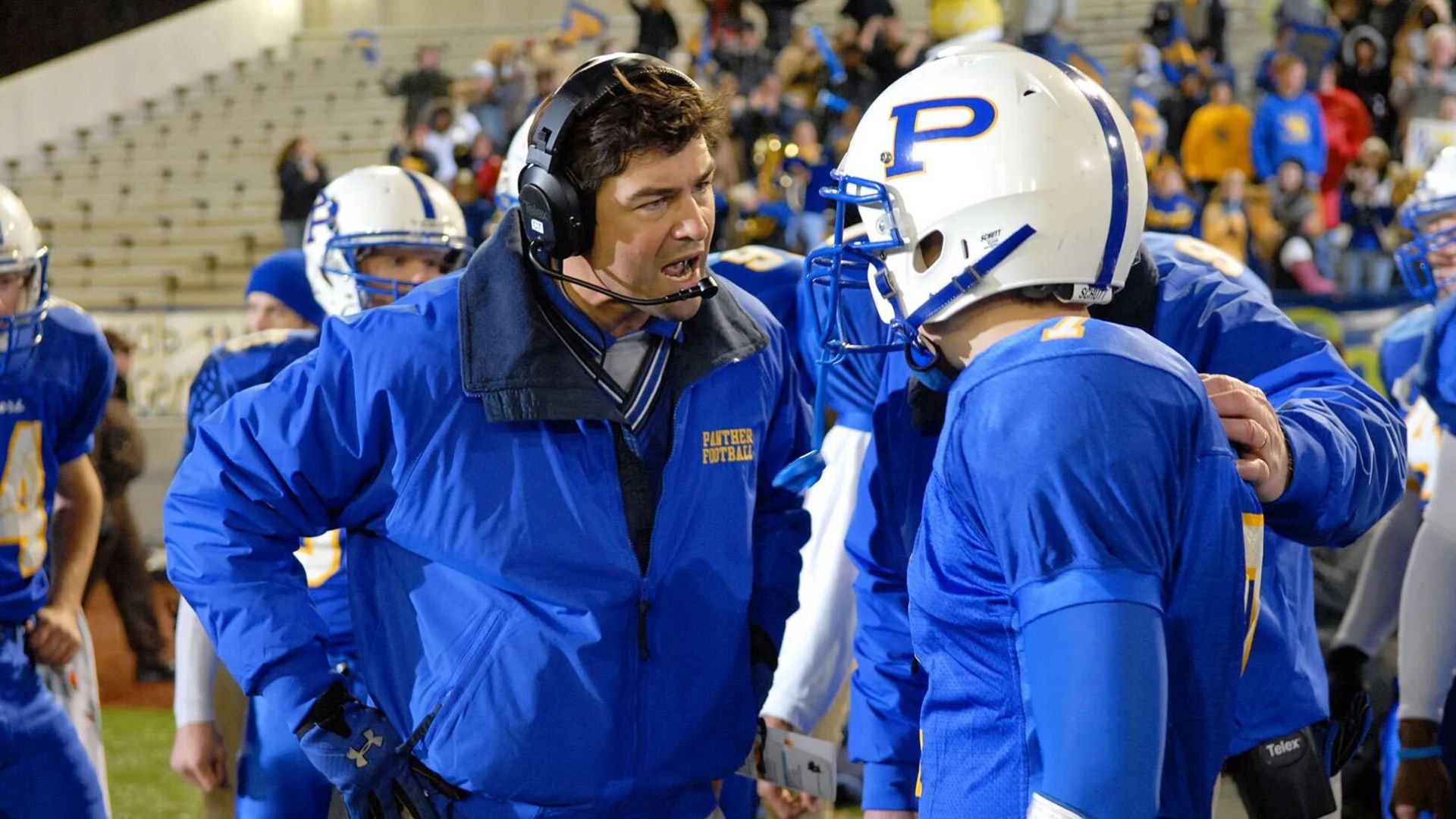The article is developed in partnership with BetterHelp.
Mindfulness has been treated as a miracle strategy for a few years now. But is it really worth all the hype? And can it help you with your sports performance?
Research shows that mindfulness is a critical tool for overall well-being and improved performance. It not only helps with stress and some physical ailments, but it can help mental focus and prepare your mind for your next big game or training session. Without mindfulness, it is far too easy to have your mind wander off, preventing you from focusing on the game. Below is more information on how mindfulness can benefit your performance in sports.
Reduces Stress
Stress is a common condition for any athlete. For example, maybe you are stressed about an upcoming match or that you aren’t achieving your goals. And though a bit of stress is healthy to keep pushing forward and improving, too much stress can be a detriment to your performance.
Luckily, mindfulness can come to the rescue. Those who practice mindfulness and meditation practices tend to be less stressed or anxious than those who don’t. Untreated stress can hinder focus and clarity, which are critical to winning a match or game. Therefore, practicing mindfulness can reduce stress enough that your mind is clear to focus on strategy and the actions you need to take to win the game.
Improves Immune System
Athletes need to be in the best shape possible to keep up their stamina and performance. And though everyone gets ill from time to time, the best athletes take care of themselves to avoid illnesses.
In addition to eating and sleeping well, mindfulness can help prevent common illnesses by improving the immune system. This is primarily done through the reduction of stress, as discussed earlier. Therefore, this shows that mindfulness is not just helpful in creating a good mindset; it also is crucial for your physical health.
A strong immune system can prevent common viruses, diseases, and other physical conditions that hamper your sports performance. Practicing mindfulness will strengthen your immune system so that you are less likely to experience these problems.
Address Limiting Beliefs And Negative Thoughts
Even the best athletes experience negative thoughts and unhealthy self-criticism from time to time. It’s easy to beat yourself up when you lose a match or make a mistake during a game. But, if you aren’t mindful, you may even let those negative thoughts spiral out of control and affect your future performance. If you develop a habit of beating yourself up, you may experience a self-fulfilling prophecy that further reduces your performance.
Mindfulness is an essential tool to combat this. By being mindful of your thoughts, you can catch yourself when you think negatively and replace the thoughts with more positive ones instead. Half of success is having the right mindset, and mindfulness can help you get there.
Focus On The Present Moment
You can’t perform at your best if your mind is wandering throughout the game. For example, thoughts about what you’re going to do after the game, who may be in the audience, or comments about how the other players are performing won’t help you win. When competing in an intense match, you need to be present so that you can focus on what you need to do to win.
The key point of mindfulness is to live more in the present moment. If your mind tends to wander while training or competing, you may be compromising your performance. After all, your mind can’t focus on two things at once, so if your head is elsewhere, it is not in the game. If this is the case for you, then mindfulness may help you stay focused on the match at hand and remain in the present moment.
Bottom Line
Mindfulness can be an incredibly useful tool to help you with your sports performance. By being more mindful, you can reduce your stress, improve your health, deal with negativity, and become more focused and present.
If you are interested in reading more about mindfulness or are looking for tips to become more mindful, you can find more information by clicking here.
You can view the original article HERE.





























